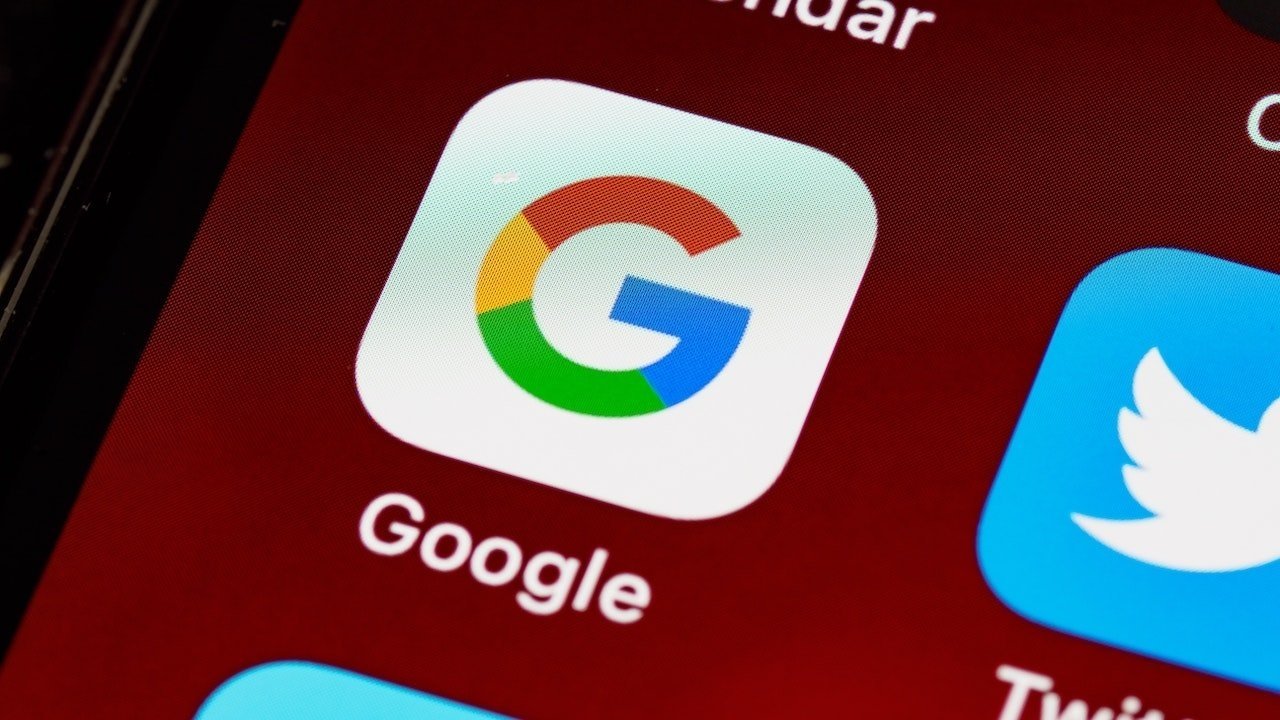
The aggressive collection of location data by Google and the difficulty for users to manage their privacy settings was known as problems by Google employees, lawsuit documents read, with employees declaring “Apple is eating our lunch.”
Arizona Attorney General Mark Brnovich sued Google in May 2020 over the tracking practices of Android, with the accusation that Google continued to collect location data from smartphones despite users opting out. In unsealed documents, it appears that Google made privacy settings for location data harder to find, in order to preserve its data collection practices.
In the documents, it is said that Google continued the location data collection even if users turned off numerous location-sharing settings, throughout apps and Android itself, according to Insider. Google is also said to have pressured other Android smartphone makers into making the privacy settings difficult to find, because users supposedly liked being tracked.
In one Google employee email, the staff member shows the same frustrations as users in relation to user data, in that they should be able to get their location on their device without sharing that data with the search company. “This may be how Apple is eating our lunch,” they proposed, as Apple was “much more likely” to let users use location-based apps and services without sharing that data with Apple itself.
Google is said to have purposefully made the privacy settings harder to find, after testing versions of Android with easier-to-find controls but determining users actually used them. Viewing this as a “problem,” Google pushed the privacy options deeper into settings menus.
The difficulty of hiding your location from Google was revealed in a deposition with Jack Menzel a former Google VP in charge of Google Maps. Menzel said users would have to intentionally throw Google off the trail for tracking by setting their home and work addresses as random locations, in order for it to not properly determine their home and work locations.
The unsealing of the documents occurs shortly after Google revealed new privacy initiatives at Google I/O, including password management, the default automatic deletion of data it collects on users over time, and to warn Google Maps users that they have Location History turned on.
Stay on top of all Apple news right from your HomePod. Say, “Hey, Siri, play AppleInsider,” and you’ll get latest AppleInsider Podcast. Or ask your HomePod mini for “AppleInsider Daily” instead and you’ll hear a fast update direct from our news team. And, if you’re interested in Apple-centric home automation, say “Hey, Siri, play HomeKit Insider,” and you’ll be listening to our newest specialized podcast in moments.